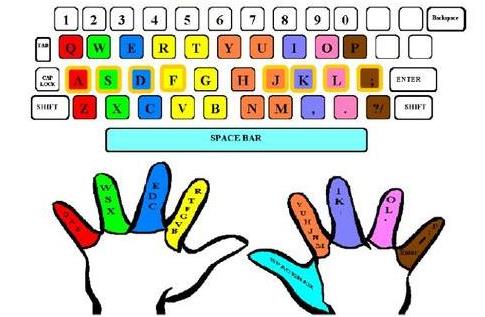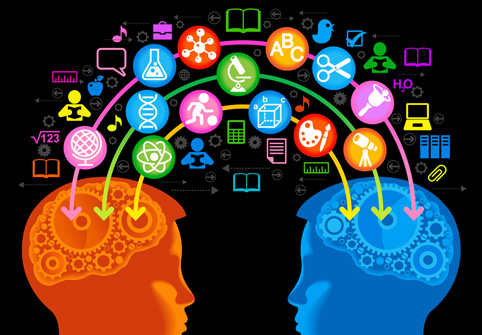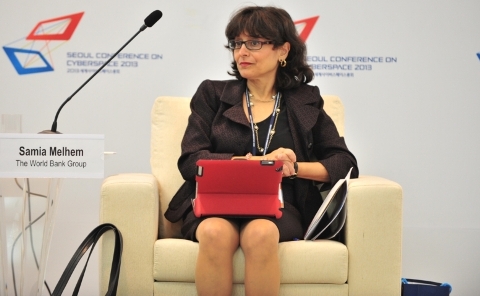
ICTpost Education Bureau
The basic skills keep changing as the technology changes. Programming skill, which was a major goal in the 1880s, is no longer a goal in the majority of countries, except Bulgaria, China Taipei and the Russian Federation. During the last 10-15 years, there has been a clear shift in the meaning given to the concept of ICT skills for all. In the early 1990s, computer skills were taught in courses that focused on the use of general purpose software, like the ubiquitous office suite. Today, the focus is also on the use of the Internet and the WWW in assignments and tasks performed inside and outside the school.
Teaching ICT skills separately, independent of what they are taught for, is more prevalent in Asia than anywhere else.
In most Western European countries and in the United States, ICT skills are taught as part of other school subjects. In the UK, ICT as a discrete area of study is embedded in other subjects and teachers of non-computer subjects share responsibility for teaching basic computing skills. Technology integration into curriculum is gaining popularity as the desired model for computers in education. Most countries have policies or policy statements that require the use of ICT to be integrated in all subjects, but those with decentralised education, like the US, have realised those policy goals to a greater extent than others. In Central and Eastern Europe, where the education systems are rigid and under centralised authorities, the picture is less encouraging.
Policies on ICT as a school subject are prevalent in certain regions of the world. Almost all Central and Eastern European countries, save for the Slovak Republic, have separate ICT courses as part of their secondary school curricula. The list of countries also includes Bulgaria and China Taipei, where computer science and related courses are elective subjects at the senior secondary level. The use of ICT as a medium for teaching and learning of other subjects is also part of the national policies in these countries but has not been implemented due to various constraints.
The national policy in any country must have a built-in implementation plan and a sound evaluation strategy. Clear achievement standards and performance indicators will provide accountability. At the end of the day, the policy is judged by results, not intentions. editor@ictpost.com







